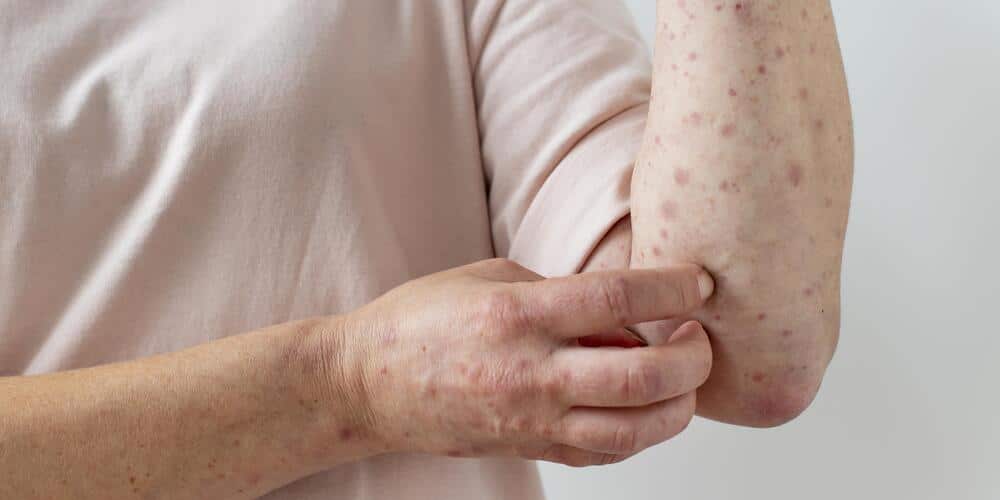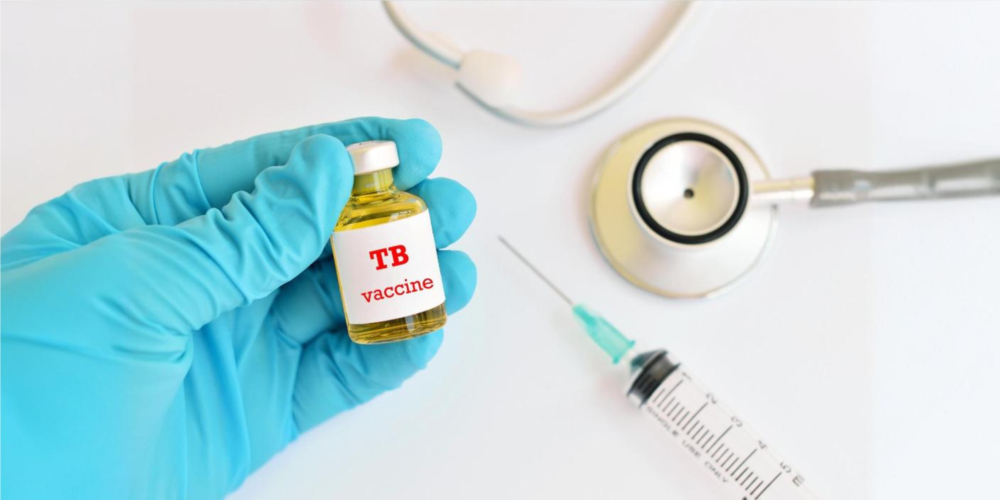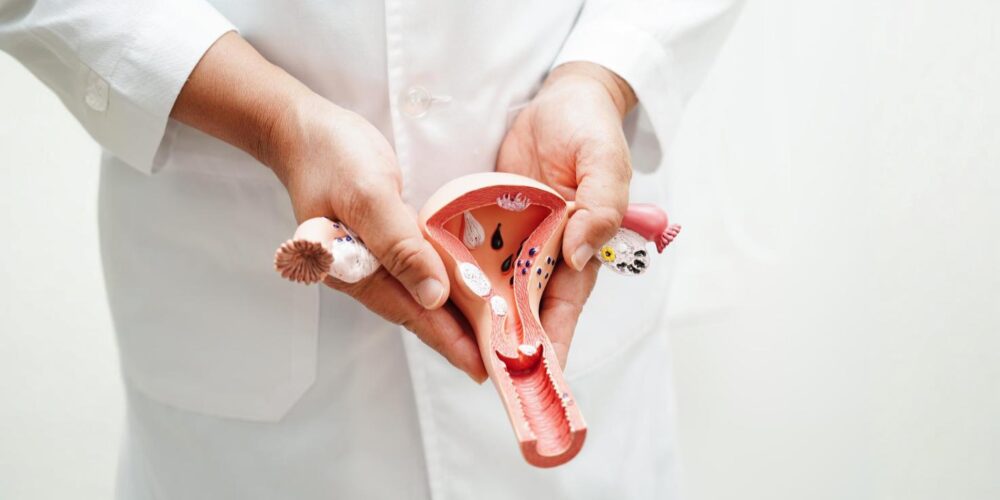International Day of Action for Women’s Health: Female genital mutilation must end
Author
Author
- admin / 2 years

- 0
- 2 min read

Author
More than 200 million girls and women alive today have been subjected to the practice, with more than three million girls estimated to be at a risk of being subjected to FGM annually.
On the International Day of Action for Women’s Health, observed globally on May 28 every year to amplify demands for sexual and reproductive health and rights and justice for women, let’s address an unhealthy practice that young girls and women continue to be subjected to. Female genital mutilation (FGM) refers to the alteration of female genitals, and is prevalent in Africa, the Middle east and Asia.
According to the World Health Organization (WHO), more than 200 million girls and women alive today have been subjected to the practice, with more than three million girls estimated to be at a risk of being subjected to FGM annually. It is mostly carried out on young girls between infancy and adolescence, and sometimes on adult women.
FGM comprises all procedures involving partial or total removal of female external genitalia or other injury to the female genitalia organs for non-medical reasons. There are several unscientific beliefs underlying the practice. In many cultures, FGM is believed to uphold virtues such as virginity, purity, and sexual restraint, and is seen as a rite into womanhood. It is also wrongly associated with enhanced hygiene and increased probability of conception.
While there are absolutely no benefits, there are several harmful effects of FGM on the female body. Besides shock and death, immediate complications may include excessive bleeding (hemorrhage), genital tissue swelling, and infections, to name some. There may also be long-term health complications, such as urinary problems, menstrual problems, increased risk of childbirth complications, and psychological issues, including depression, anxiety, and post-traumatic stress disorder.
Despite the United Nations General Assembly banning the practice in 2012, FGM continues to be prevalent in many cultures. We need greater public health awareness and education to put an end to this harmful practice that endangers the lives of millions of girls and women worldwide.
Read More : ADHD: A woman’s quest for understanding









